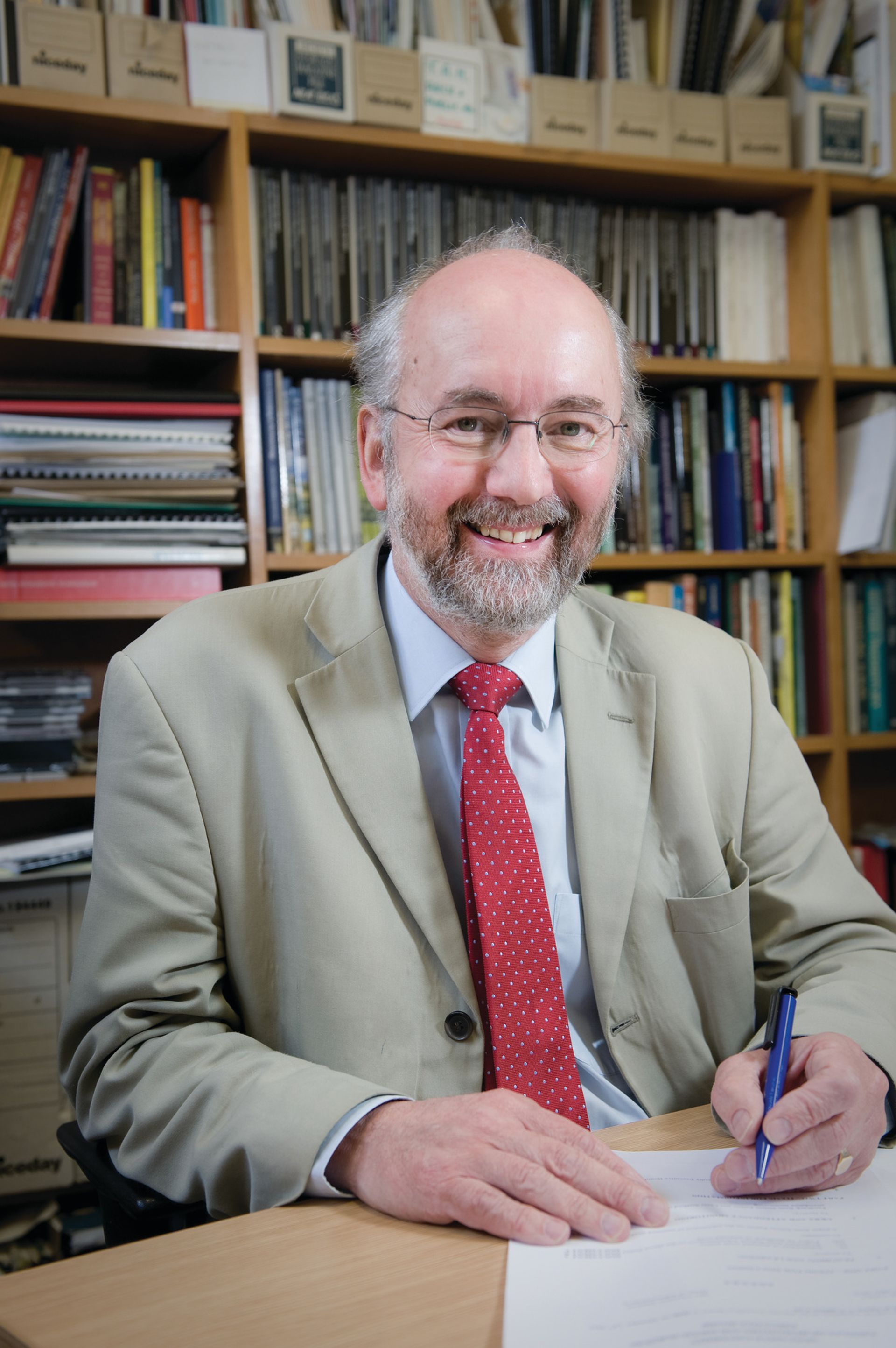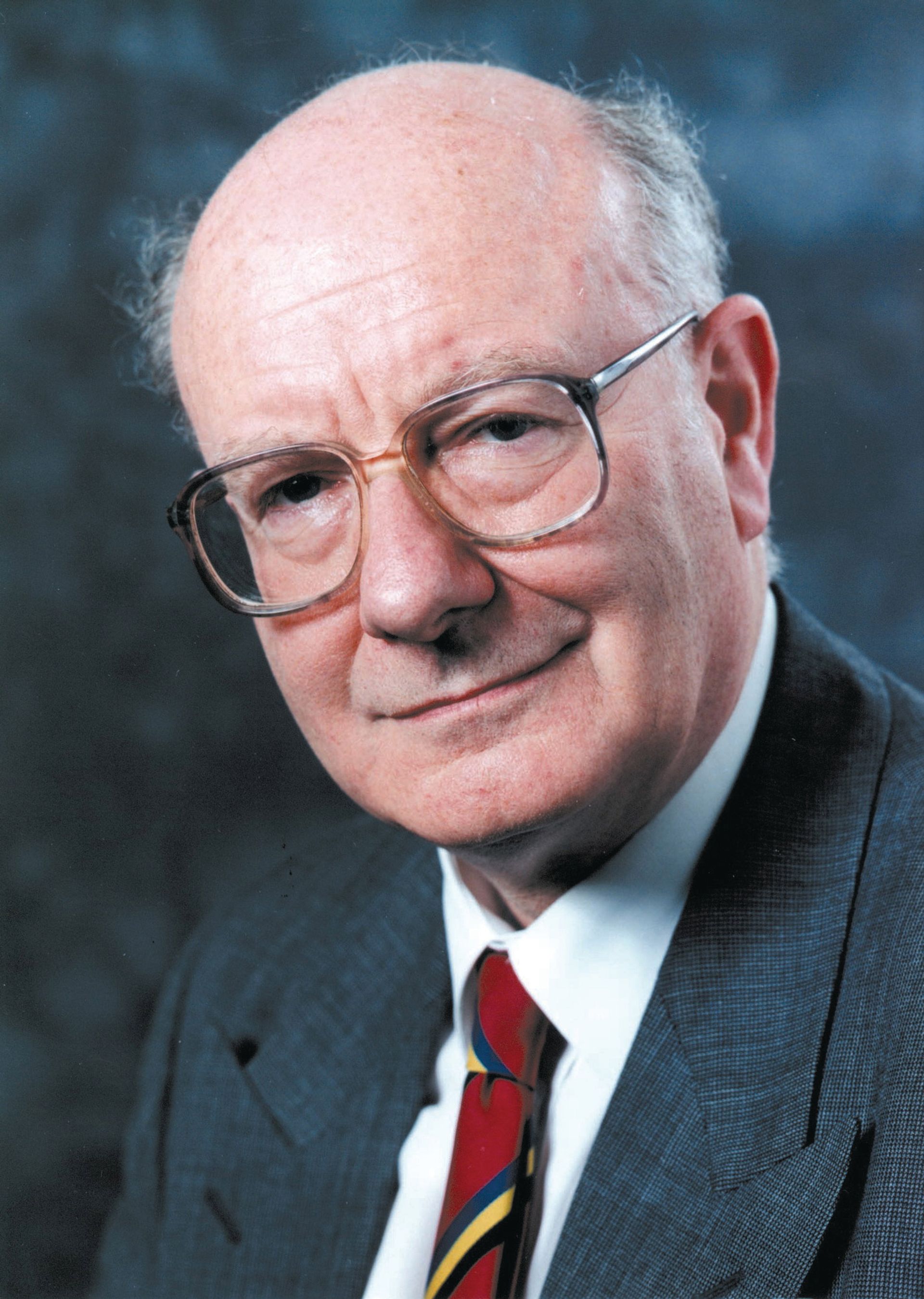David Cameron, the leader of the UK’s new Conservative government, has failed to initiate action to ratify the Hague Convention on cultural property, despite a commitment made by the UK more than a decade ago. On 27 May, the Queen’s Speech, which sets out the government’s plans for the forthcoming parliament, did not mention the convention, despite the fact that antiquities are under threat from Islamic State (IS) extremists in Iraq and Syria.
The opposition Labour Party is calling for prompt ratification. Chris Bryant, the new shadow culture secretary, tells us that he is fully committed to ratifying the convention. “I am at a loss to understand why the government has not done so. We shall be pushing them on this throughout this parliament,” he says.
The international Hague Convention for the Protection of Cultural Property in the Event of Armed Conflict was agreed in 1954, although the UK and the US failed to ratify it. The US eventually ratified the convention in 2009, leaving the UK as the only major power that has failed to do so. Altogether, 126 states have ratified the convention.
Further delays
In 2004, the Labour government finally undertook to ratify the convention and its later protocols (one of which, in 1999, addressed the UK’s earlier concerns about the effectiveness of the convention). However, it did not find enough parliamentary time to approve the legislation.
Cameron’s Conservative-led coalition government, which came to power in 2010, reiterated its support for ratification but failed to allocate enough parliamentary time to debate the issue. A spokesman for the Department for Culture, Media and Sport said last month: “We will seek to legislate on the 1954 Hague Convention and its two protocols as soon as parliamentary time allows.”
A spokesman for Unesco says that, under the convention, parties such as governments and rebels in a civil war are obliged to accept its “provisions” (article 19). These include the prohibition of “any acts of vandalism directed against cultural property” (article 4).
This applies to the governments of Syria and Iraq, which ratified the convention (though not the tougher 1999 protocol) in 1958 and 1967 respectively. It also applies, theoretically, to IS. This means that key individuals in the group could face prosecution by the International Criminal Court. “Unesco considers the deliberate destruction of Iraqi cultural property a war crime,” a spokeswoman for the United Nations agency said.
UK’s failure to ratify: why does it matter? Failing to ratify the Hague Convention makes it difficult for the UK to argue that the parties involved in the Syrian and Iraqi civil wars should abide by the convention (and later protocols). Meanwhile, Unesco has been urging Syria and Iraq to sign the tougher 1999 protocol.

Peter Stone, Chairman of the UK National Committee of the Blue Shield (an international group that aims to protect cultural heritage during emergencies)
“The world has reacted in horror to the destruction and looting across the area under the control of Islamic State. Since 2003, we have urged successive UK governments to ratify the Hague Convention and all we have had is platitudes about lack of parliamentary time.”

John Lewis, General secretary of the Society of Antiquaries of London
“At a time when there is appalling destruction of ancient sites, libraries, archives and museums in the Middle East and Africa… I am bewildered as to why ratification has not occurred. The society will continue to press the government for ratification.”

Colin Renfrew, Archaeologist at the University of Cambridge and member of the House of Lords
“I plan to take this up with the new government. Direct action by the United Nations has been proposed to deal with Islamic State’s destruction of antiquities, and if that were to take place, it would probably be by a resolution based on the convention.”

